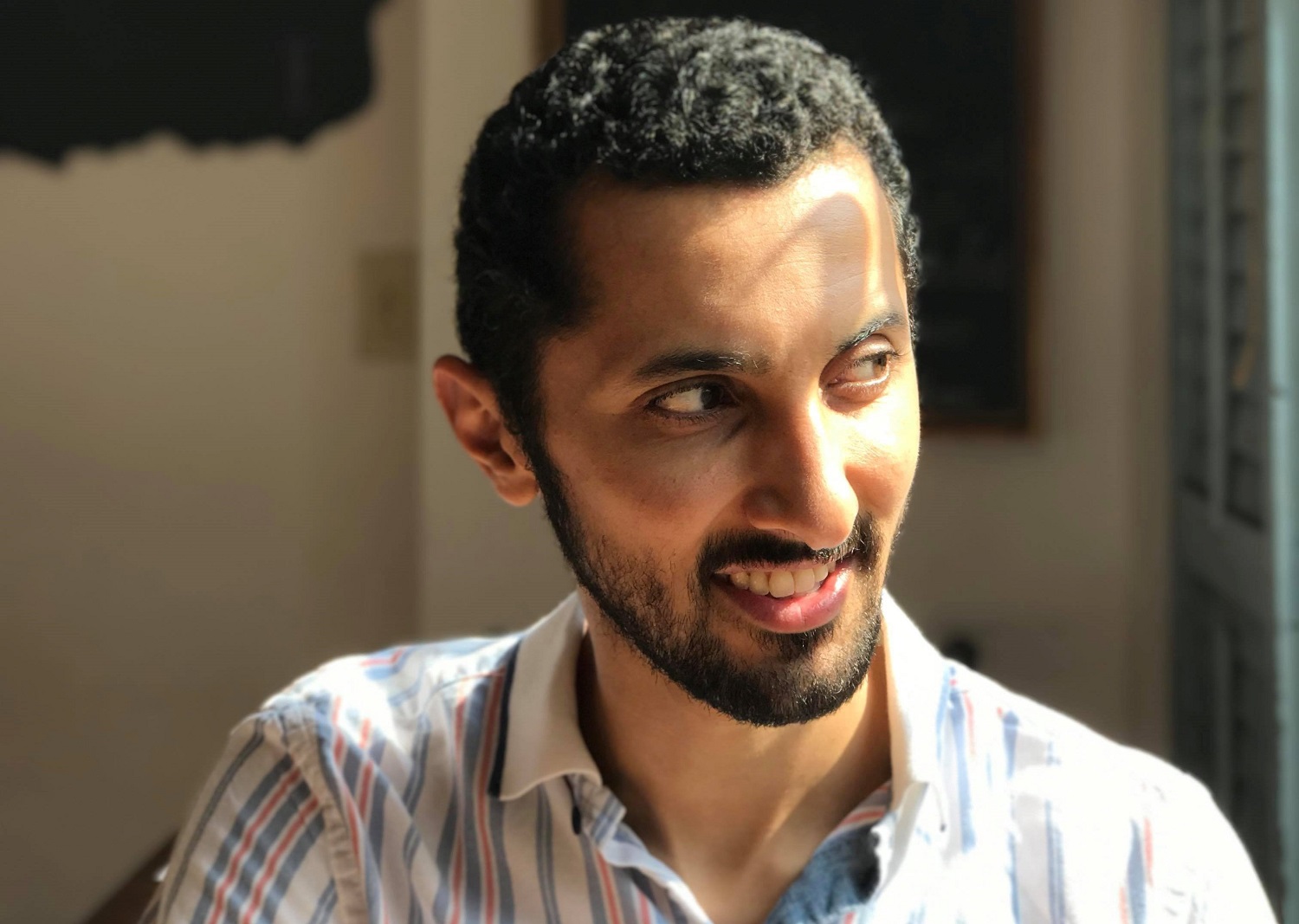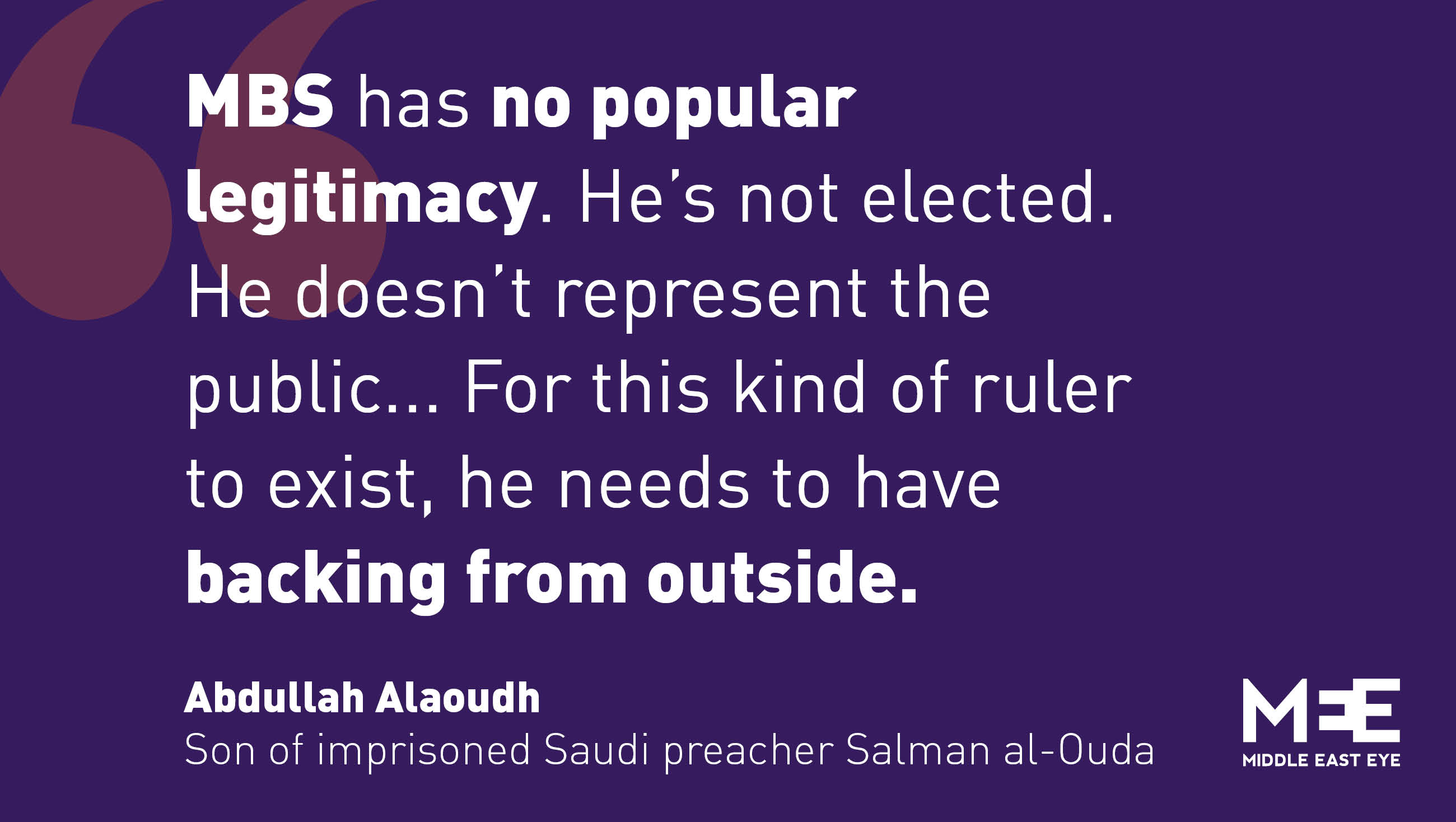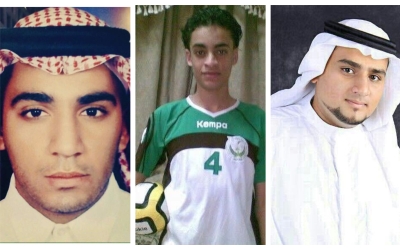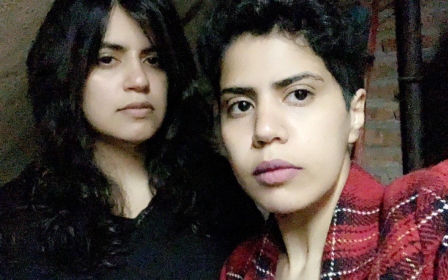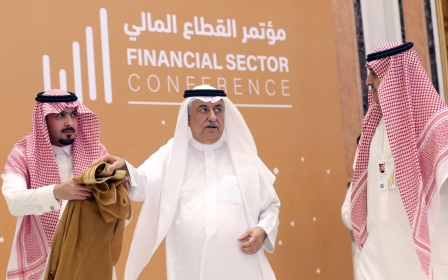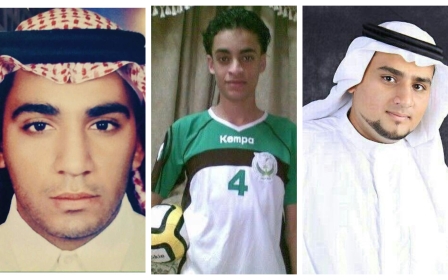Saudi activist Abdullah Alaoudh: MBS has no popular legitimacy
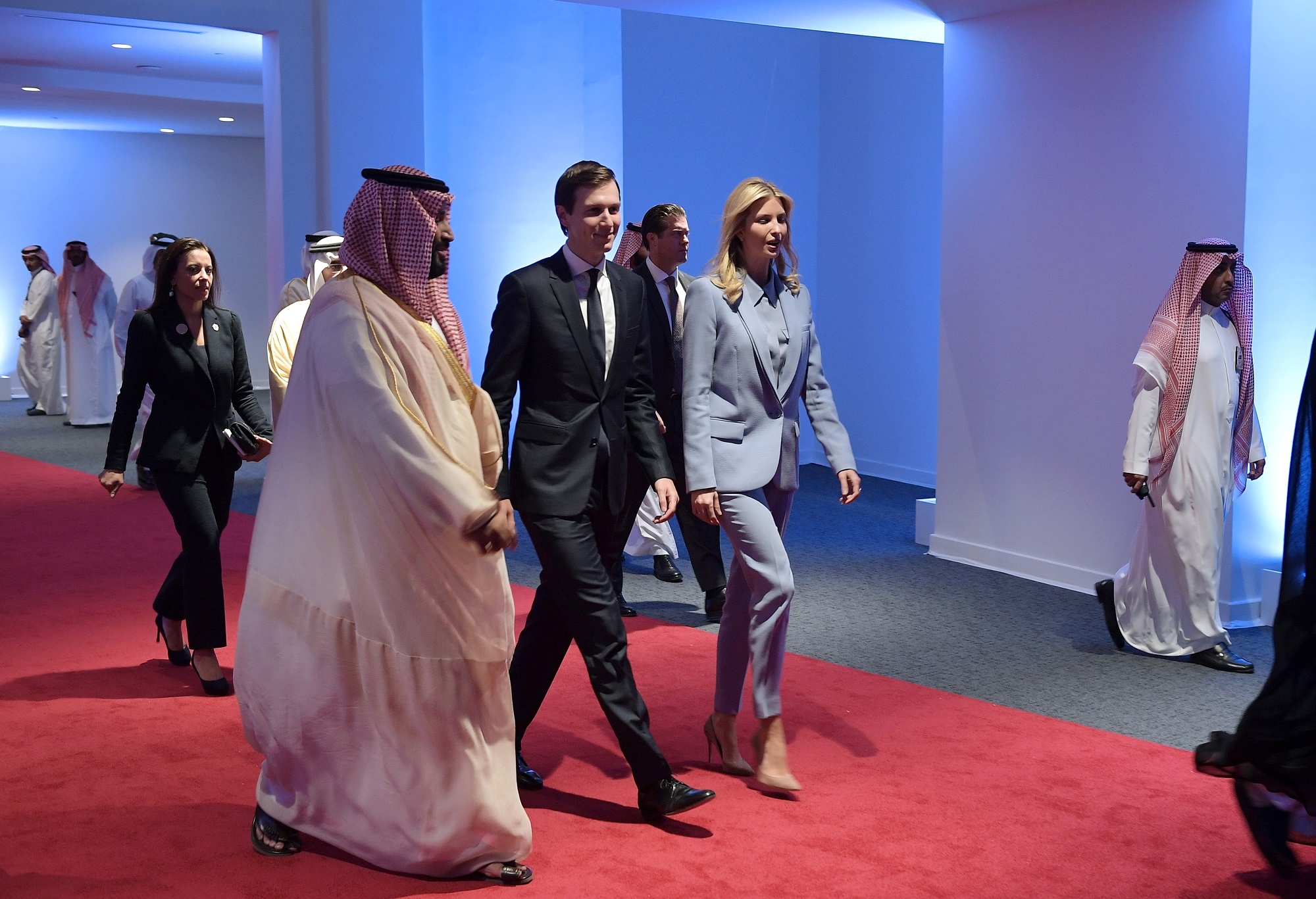
Saudi Arabia is not Mohammad bin Salman.
That is Abdullah Alaoudh's message for Western nations, particularly the United States, which he said is "putting its eggs in one basket" by backing the powerful crown prince also known as MBS, despite repeated atrocities carried out under his rule.
Alaoudh, a senior fellow at the Center for Muslim-Christian Understanding at Georgetown University in Washington, is the son of Salman al-Awda, a prominent Saudi Muslim scholar who was arrested in 2017 as a part of an intense crackdown on dissent in the kingdom.
Saudi prosecutors are seeking the death penalty for Awda on ambiguous charges relating to defying the government, his son said.
Speaking to Middle East Eye after delivering a lecture at Georgetown earlier this week, Alaoudh urged US officials to reach out to the Saudi public and speak to activists, intellectuals, economists and others who have been working to improve human rights conditions in the kingdom.
New MEE newsletter: Jerusalem Dispatch
Sign up to get the latest insights and analysis on Israel-Palestine, alongside Turkey Unpacked and other MEE newsletters
"It's very dangerous and unwise to think that MBS is Saudi Arabia," he said.
MBS and Kushner
Alaoudh denounced what he called Western indifference to the human rights abuses in the kingdom, including his father's case.
"It's really outrageous to see how silent a lot of people are, and it's even more outrageous to see the West support him [MBS] despite all that happened, even when their own strategic interests are at stake."
American support, Alaoudh said, is vital for bin Salman to maintain his rule.
"MBS has no popular legitimacy. He's not elected. He doesn't represent the public ... He lacks that legitimacy, and he knows that very well, so for this kind of ruler to exist, he needs to have backing from outside," Alaoudh told MEE.
MBS has used his close relationship with US administration officials, namely Trump's son-in-law Jared Kushner, to "leverage his agenda", Alaoudh said.
Indeed, MBS's ties to Kushner have surfaced at many turning points of the crown prince's career.
MBS was promoted to crown prince, replacing his cousin Mohammed bin Nayef, in June 2017, a month after Donald Trump - accompanied by Kushner and his wife Ivanka among other US officials - visited Riyadh in his first foreign trip as president.
Late in October of that year, Kushner paid an unannounced visit to MBS, and days later the crown prince locked up dozens of his royal cousins as well as businessmen and religious leaders in a power-consolidating purge presented as an anti-corruption drive.
After Saudi agents murdered journalist Jamal Khashoggi at the country's consulate in Istanbul last October, Kushner continued to communicate with MBS despite global outrage.
Bin Salman and Kushner are on a "first-name basis," the New York Times reported, citing White House officials, last year.
The two men may personally like each other, but they are also bound by mutual interests, Alaoudh said.
"MBS wants to be accepted by the West, and also that relationship was used by Jared Kushner to sell his 'deal of the century' plan," Alaoudh said.
Executions
Although the Trump administration has maintained its unwavering support for bin Salman, cracks have been emerging in other US institutions' relations with the kingdom.
In April, Congress passed a bill calling for an end to Washington's support for the Saudi-led war in Yemen. Late in 2018, the CIA concluded that bin Salman ordered the assassination of Khashoggi, and all 100 senators passed a resolution backing that assessment.
Despite those rebukes, human rights violations have continued unabated in the kingdom. On Tuesday, Saudi Arabia executed 37 citizens, mostly from the country's Shia minority.
Alaoudh said pressure must be maintained on bin Salman to minimise his abuse. "If he goes unchecked, he would do every atrocity you think of," he told MEE.
The son of the jailed Sunni cleric also condemned Tuesday's executions, calling them "outrageous".
MBS is unifying Saudis against himself, Alaoudh added.
"I've never seen such a platform, where the Shia and the Sunnis sit together to discuss the future of the kingdom. I've never seen such closeness between liberals and Islamists, between feminists and Islamists, between different factions of Saudi society coming together," he said.
Still, the crown prince appears to have a firm grip on power, despite reports that members of the royal family are unhappy with his erratic behaviour.
Alaoudh contends that MBS is not wanted or well-liked within the royal family, but Saudi princes view attacks on the king and crown prince as a threat to the government itself and to their privileges as royals.
Case against Awda
Awda, Alaoudh's father, had proposed sweeping changes to the ruling system in the kingdom in 2011, without stripping the royals of their power. His petition, which was co-signed by dozens of activists, called for a constitutional monarchy with an elected legislative council and independent judiciary without removing the king.
But since the rise of MBS, Awda had largely sent spiritual messages to his 14 million Twitter followers.
With the beginning of the Gulf crisis, where Saudi Arabia and its regional allies imposed a blockade on Qatar, Awda was asked to condemn Doha. He refused, asking the Saudi government to respect his silence.
We tried silence; it never worked. I'm always with the idea that only pressure works
- Abdullah Alaoudh
In September 2017, amid signs of an easing of the crisis, the imam sent out a now-deleted tweet calling for rapprochement between Gulf leaders "for the good of their peoples," without identifying them.
He was arrested the same week. Security forces also searched his home and found "banned books," which Alaoudh said he owned.
As the trial against Awada proceeds, Alaoudh has been increasingly speaking out about his father's plight in media appearances and by penning op-eds in major newspapers.
Alaoudh and his family have faced a backlash from the kingdom. The Saudi government has refused to renew his passport, and 17 members of his family were barred from travelling.
"We tried silence; it never worked. I'm always with the idea that only pressure works," he told MEE.
With the murder of Khashoggi outside the kingdom, Alaoudh knows that his outspokenness may come at a personal cost, but that does not appear to faze him.
"I may have fears sometimes, but my principles are bigger than that," he said, defiantly. "My decision to speak up is larger than that."
This article is available in French on Middle East Eye French edition.
Middle East Eye delivers independent and unrivalled coverage and analysis of the Middle East, North Africa and beyond. To learn more about republishing this content and the associated fees, please fill out this form. More about MEE can be found here.


